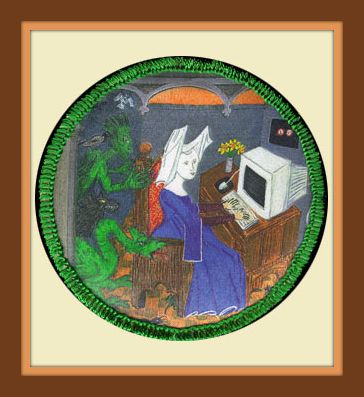 I heard Neil de Grasse Tyson on MPR several months ago discussing his general audience astrophysics/astronomy book and finally read it.
I heard Neil de Grasse Tyson on MPR several months ago discussing his general audience astrophysics/astronomy book and finally read it.
General thoughts:
- Not quite general audience enough for me
- It seems the book is a compilation of essay that he wrote for Natural History magazine, and so there is a lot of repetition
- Because of the above, the sections aren't really cohesive, but come together only in a loosely connected way
There were a few sections of the book that I liked: some bits about the intersection of science and culture, some interesting bits about our solar system's planets, a discussion of asteroid impact on earth and throughout the solar system. The final section on God and science was weak. (There are a lot of interesting questions that arise, though, in the intersection of religion and astrophysics. I wonder how all these questions will ultimately be resolved.)
I didn't love this book. I scanned quite a bit of it. But, I felt a compulsion to finish it. I wanted to get it over with so that I could read some other things. I didn't skip around it it, but read it from front to back. Why couldn't I just set it aside, half-finished? I don't know, but, I couldn't. (I also wonder how that personality trait influenced my finishing what I started in getting an undergrad physics degree. Even in finishing my dissertation.)
It was a little bit satisfying to find that I still some familiarity with his topics, but mostly I wondered why I had spent my undergrad years studying physics--precious little has stuck with me, and that which has is more specific topics (like spectography) rather than any real understanding of large themes and ideas (like the nature of light). I was never cut out to be a physics major. My complete lack of spatial intelligence and my difficulties in big, theoretical thinking are two weaknesses that should have clued me in during those first couple of years.
I have been thinking a little bit about the decision to major in physics. When I was young--in late elementary school--I learned about Sally Ride, the first female astronaut to go to space. I did a report on her and then began aspiring to a career as an astronaut myself. This was until I realized that my physical inner ear weakness and extreme suseceptibility to dizziness would probably disqualify me physically to be an astronaut. But, I remained intrigued with some kind of space-based career. And I was really good at math. I think that perhaps as an idealistic freshman, physics became a substitute for astronaut. I didn't know what I was getting into, and I really should have dropped the major after my 100 level electricity and magnetism class.
Space, and in particular the stars, have always fascinated and mesmerized me. But, I came to realize that I am more interested in their romance, in their mystery, and in the questions they stir in me rather than in understanding how stars are created or what a pulsar is, for example.
Why couldn't I have learned my lesson the first time I read one of Whitman's Leaves of Grass poems and before I spent all that time as an undergraduate studying physics?
WHEN I heard the learn’d astronomer;
When the proofs, the figures, were ranged in columns before me;
When I was shown the charts and the diagrams, to add, divide, and measure them;
When I, sitting, heard the astronomer, where he lectured with much applause in the lecture-room,
How soon, unaccountable, I became tired and sick;
Till rising and gliding out, I wander’d off by myself,
In the mystical moist night-air, and from time to time,
Look’d up in perfect silence at the stars.

1 comment:
Great post!
At least you didn't have five different majors and take fourteens years to graduate.
I love the Leaves of Grass lines.
Post a Comment